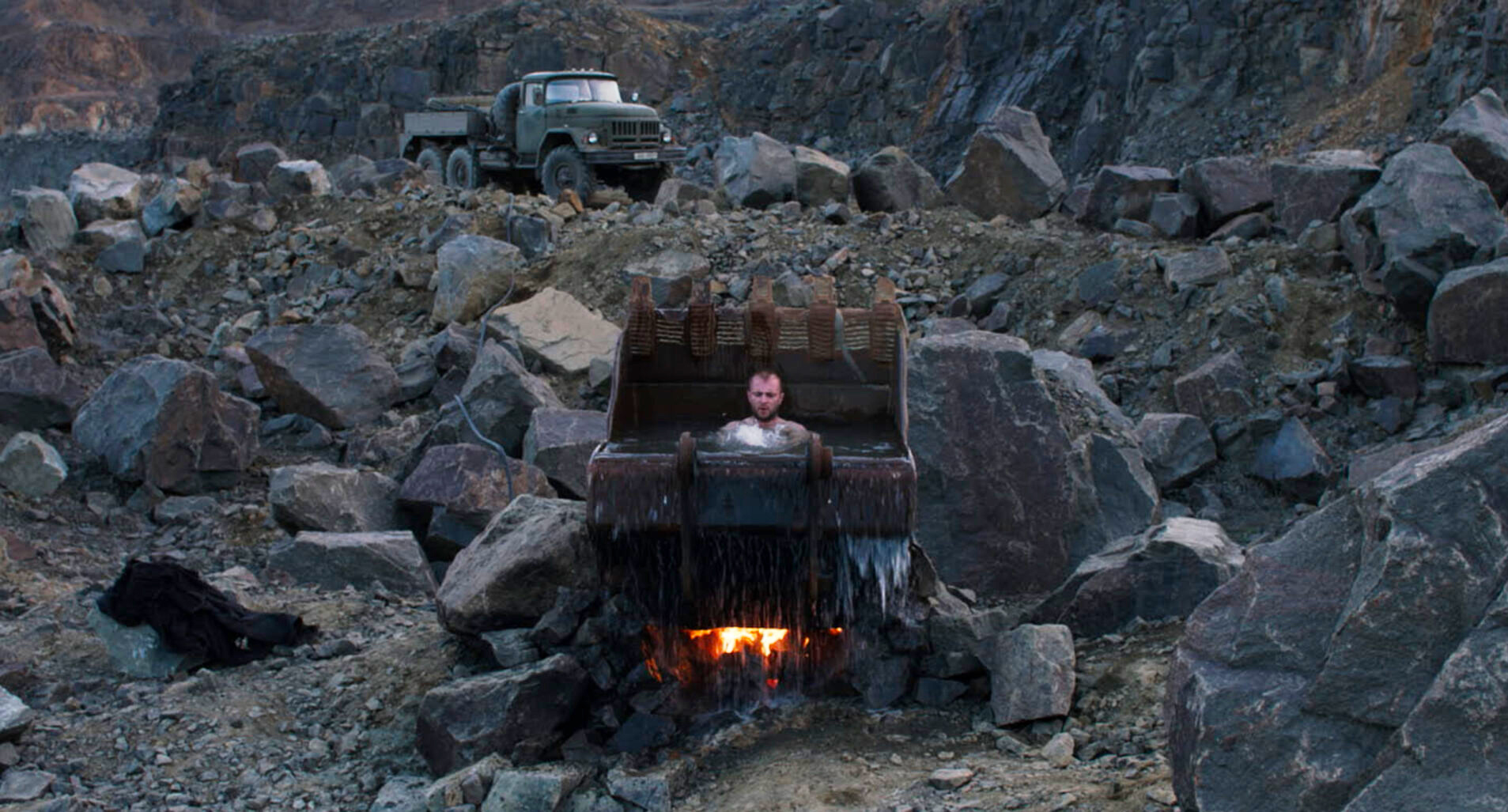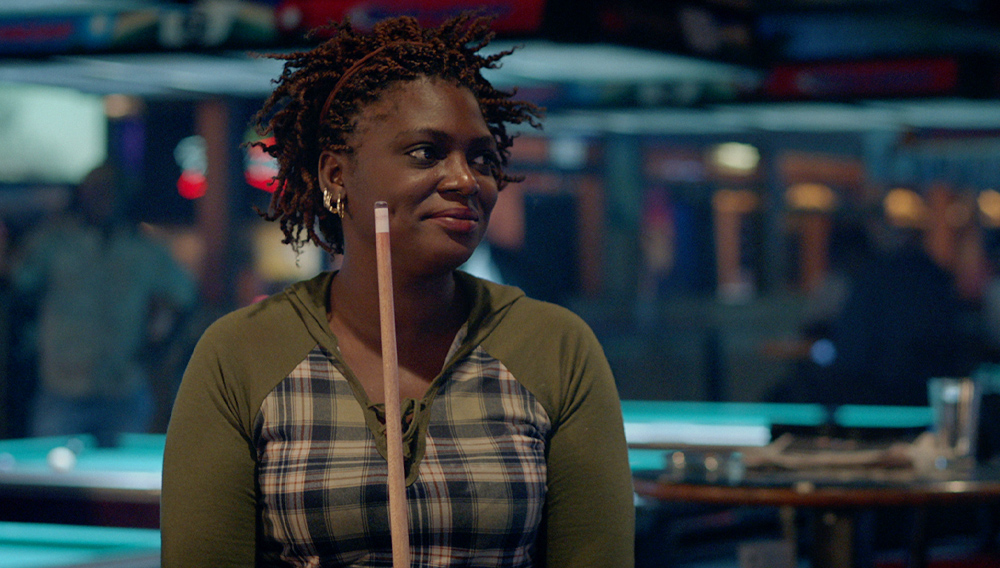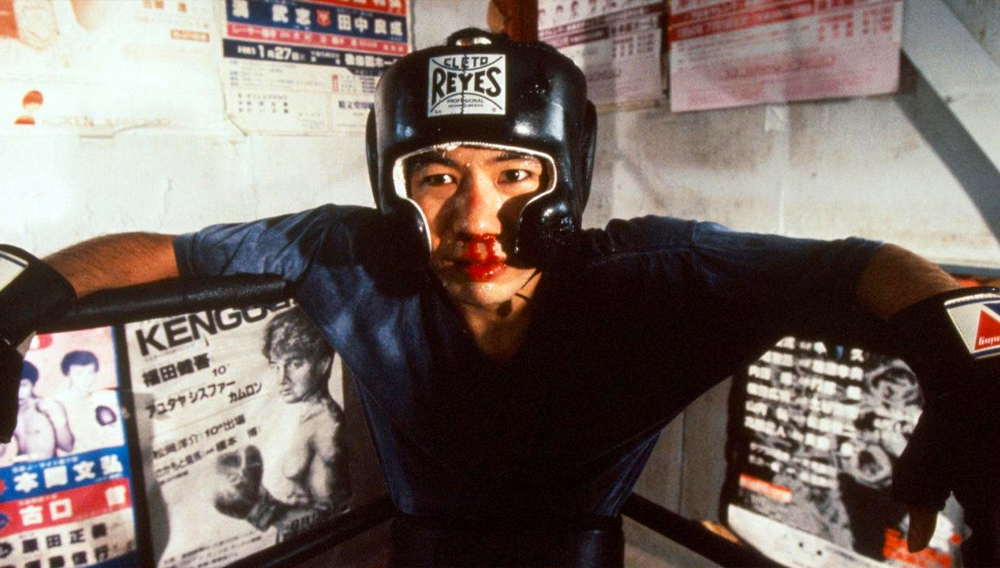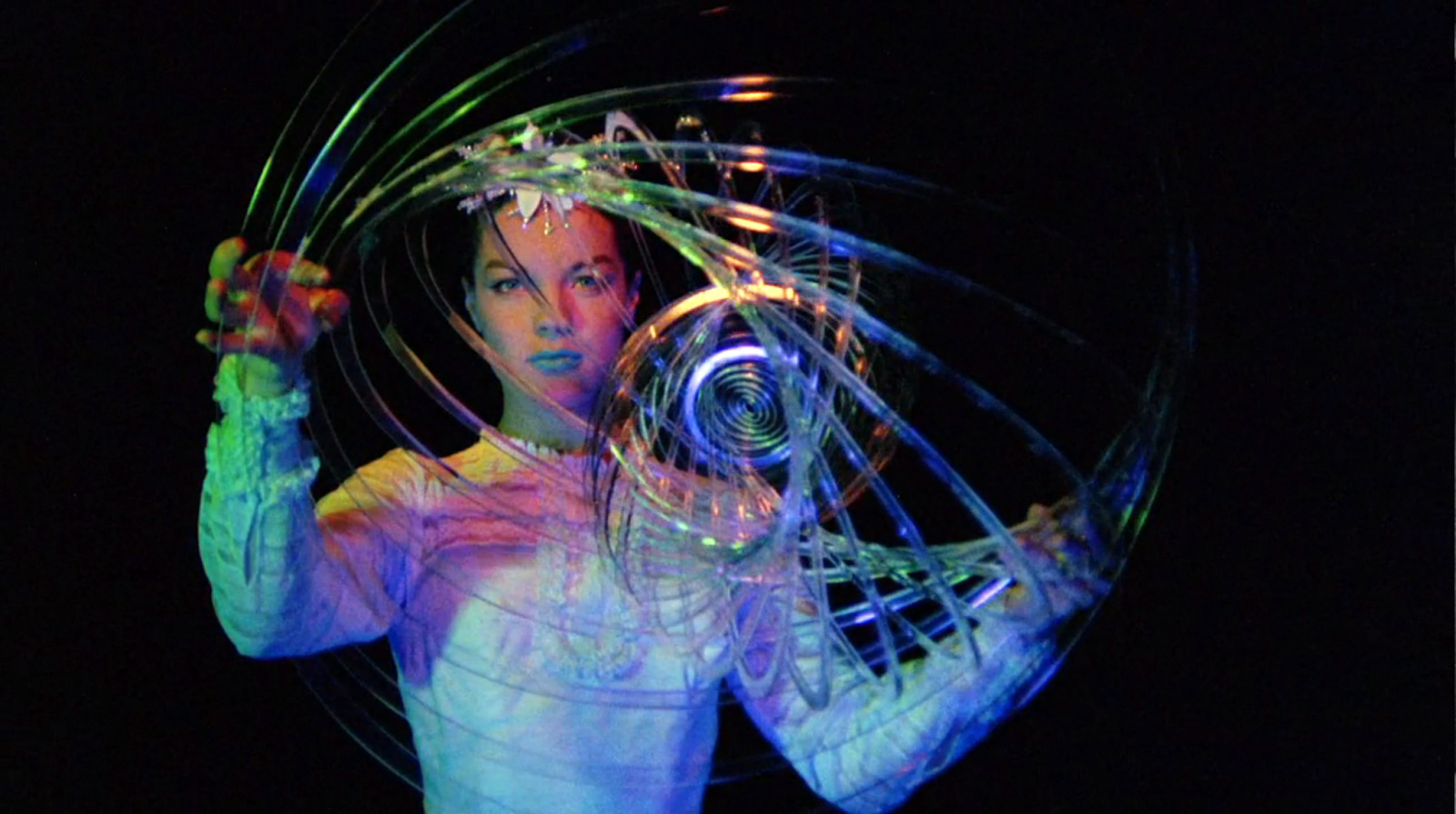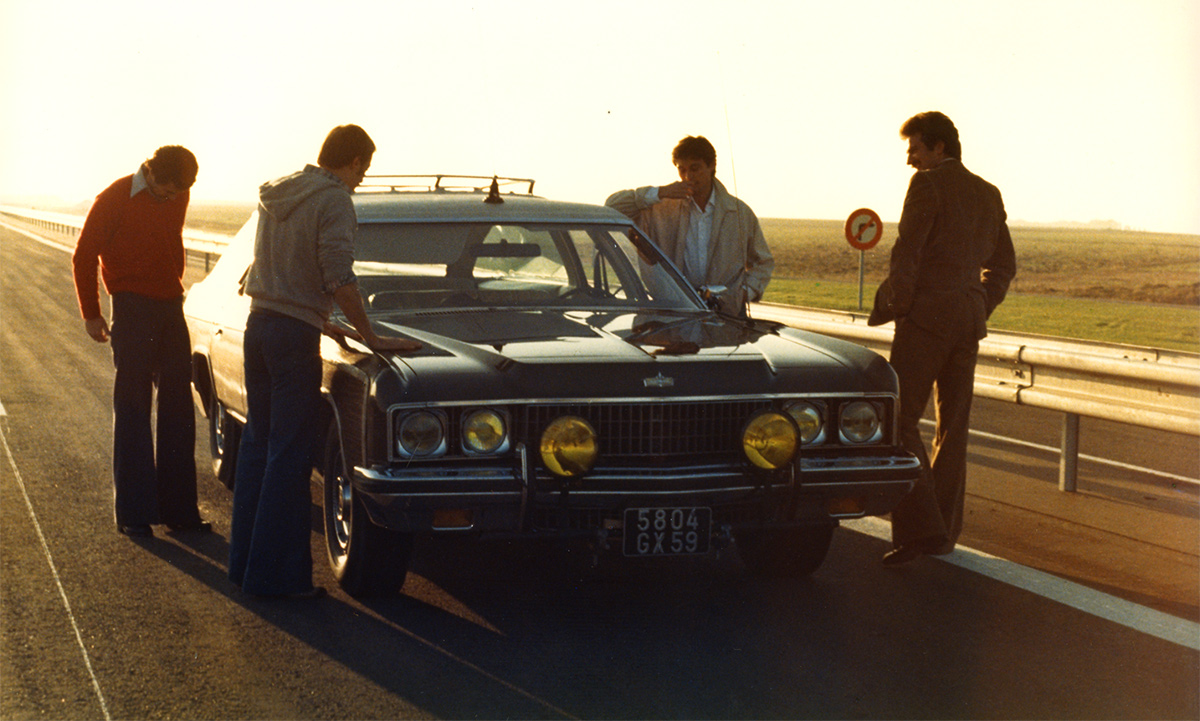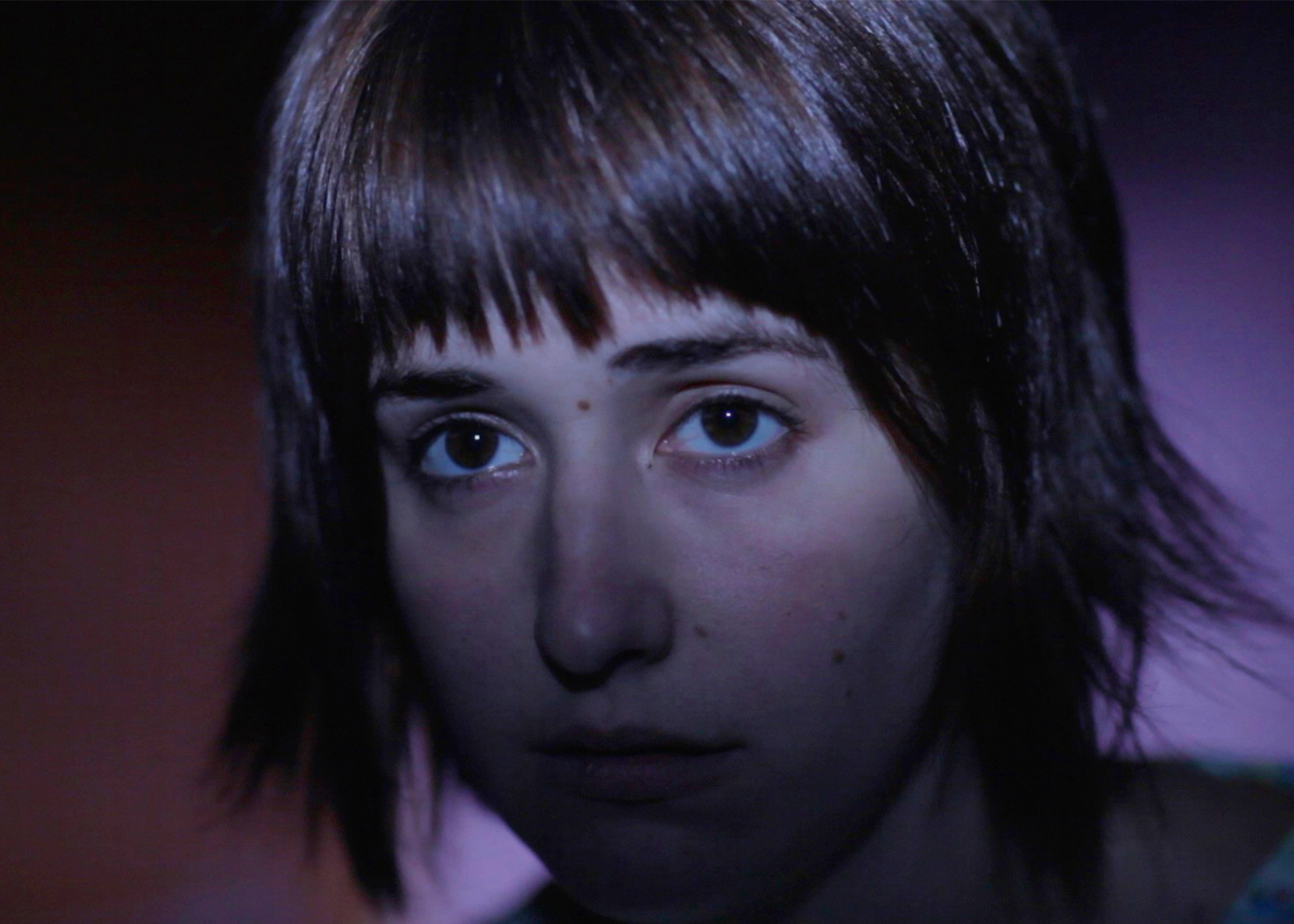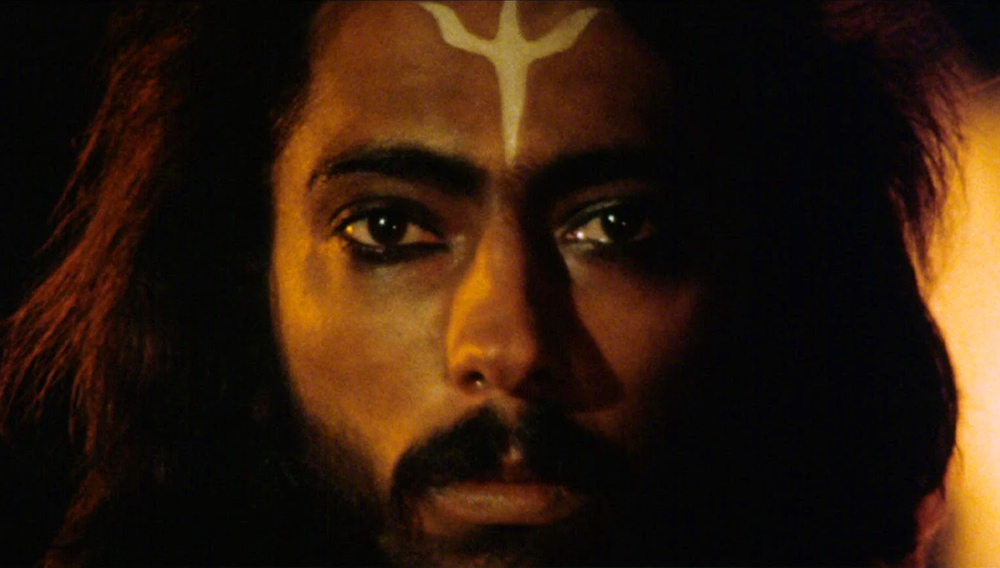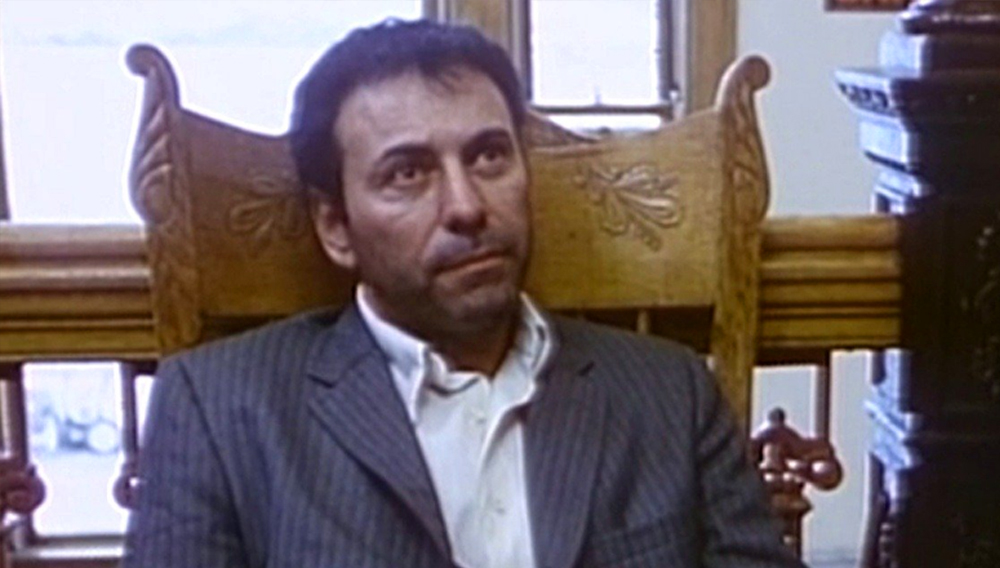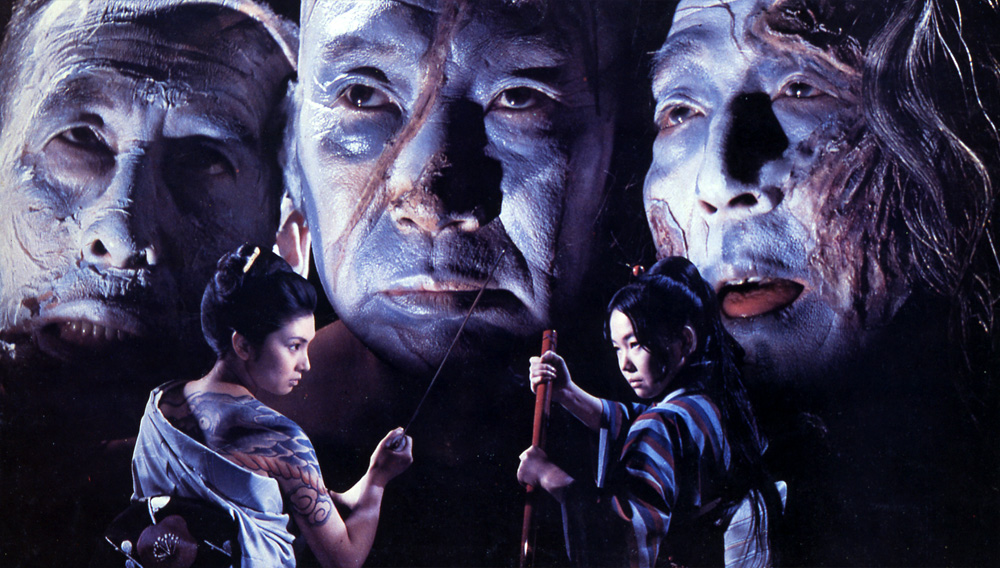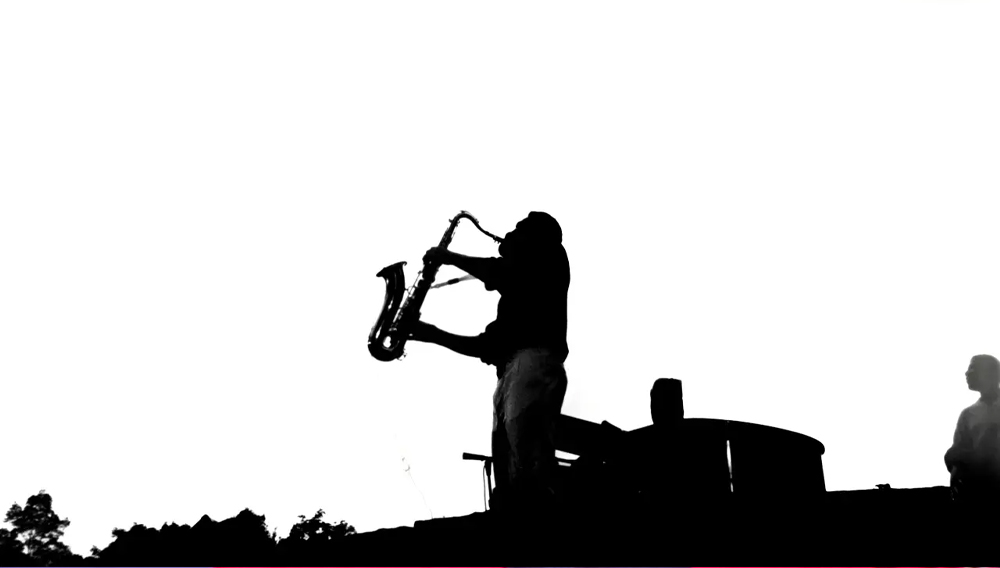No matter how stunning the sights, a travel film usually wins or loses us through the company we are made to keep. In Chen Huai-en’s Taiwan travelogue Island Etude, our tour guide is a hearing-impaired Taiwanese college student named Ming (Tung Ming-hsiang), who has taken a week off to bike his way around the island before graduation. He carries nothing but the guitar on his back, and is sometimes mistaken for a foreigner due to his slurred speech. He quickly takes on the role of quiet observer, and in turn is met with nothing but kindness from locals and passersby. Our hero’s gentle spirit blends into an ever-shifting backdrop of tranquil landscapes and small town settings.
Island Etude features a scrapbook structure, each new segment prefaced with a line from Ming’s journal. The film gives a panoramic view not only of Taiwan’s natural beauty and the diversity of its people, but also of a wide range of emotional life. At first the film’s vision of the Taiwanese spirit initially seems one of implausible geniality, but Ming’s fleeting relationships with the people he meets is often tinged with barely articulated pain. A young man returns from America to help his mother through a messy divorce; a group of middle-aged factory workers protest labor conditions; a teacher grows melancholy contemplating her secret reasons for an early retirement. Even Ming’s picturesque afternoon with a pretty Lithuanian tourist (Ruta Palionyte) is only allotted enough time to become vaguely romantic before it’s quietly brought to a bittersweet end.
As for Ming, we are never clued into the psychological motivations fueling his remarkable journey. We accompany him on a brief visit to his relatives in the countryside, but we learn nothing about his home life, his friends back at college, or his future career ambitions. This withholding of information is crucial, for it allows us to form a relationship with him that’s quite different from what we might expect. Rather than seeing the island strictly through Ming’s eyes, we instead come to view him as a welcome but distinctly separate companion to our own sojourn. We only get as close to him as we would to a fellow traveler with whom we know we’ll soon have to part ways.
Island Etude is an overt attempt to showcase Taiwan in all its visual beauty, allowing the viewer to circle the whole island and hit up all its highlights in a mere hundred minutes. A cinematographer most famous for collaborating with Taiwanese master Hou Hsiao-hsien(including on City of Sadness and Goodbye, South, Goodbye), Chen was inspired to make his debut feature after becoming intimately familiar with the island through his travels as a director of commercials and promotional videos. It’s a testament to Chen’s effectiveness that Island Etude has inspired many young Taiwanese to embark on the same rite of passage depicted in the film.
Watch Island Etude on Fandor:
At times the film veers to close to PSA territory: at the root of its promotion of a physically active, men’s-magazine lifestyle is a clear environmentalist message, one that is tied to a patriotic imperative to respect and protect the uniqueness of the island. Chen’s approach to basic questions of health, happiness, and good citizenship ultimately emphasizes patient observation over travel-channel slickness or editorial righteousness Chen counterbalances the obviousness of these intentions with a leisurely pace and lightness of tone that, rather than making the film’s observations feel insubstantial, actually lend Ming’s questing an unexpected complexity.
A man of few words, Ming is so well-adjusted that he risks becoming uninteresting, but the film is steadfast in playing neither his age nor his handicap for cheap drama. Eschewing the therapeutic and hormonally driven plots of recent popular road movies (from Almost Famous and Y tu mama tambien to Eat, Pray, Love), Island Etude is invested less in character self-improvement or personal discovery than in sketching out a sense of community in contemporary Taiwan, a nation that has long been anxious over urban development and the looming influence of its Communist mainland counterpart.
In its best moments, Island Etude brings a sense of buoyancy to the conflicted endeavor of being human, the search for the ideal distance between ourselves, others, and the world. In encounter after encounter, the film revels in its hero’s insatiable curiosity, but also suggests that a certain level of detachment, however difficult, is a necessary part of accepting the transience of human connections. It’s a rare travel film that doesn’t seem designed for the foreign tourist’s gaze, but instead asserts the value of taking time out to see one’s own country with the eye of a visitor just passing through.
Andrew Chan is a film critic currently living in Taipei. He also contributes to Reverse Shot and Film Comment.
Watch Island Etude on Fandor.






